Did you know that newborns require an average of 8 well-baby check-ups in their first year of life? These visits with your pediatrician are crucial for ensuring that your baby is growing and developing properly. But check-ups are just one aspect of maintaining optimal health for your little one. From vaccinations to diet and sleep, there are many factors to consider when it comes to keeping your baby healthy.
As a new parent, you want nothing more than to ensure the best possible future for your child. And while the responsibility can feel overwhelming at times, taking proactive steps towards optimal health can give you peace of mind and set your baby up for a bright future. In this article, we'll explore the importance of regular check-ups with your pediatrician, vaccinations, maintaining a healthy diet, providing a safe sleeping environment, avoiding exposure to harmful substances, and monitoring overall well-being. With these tips in mind, you can help ensure that your baby grows into a happy and healthy child.
Schedule Regular Check-ups with Your Pediatrician
It is imperative that you regularly schedule appointments with your pediatrician to monitor the well-being and growth of your little one. Your doctor will be able to track developmental milestones and ensure that your baby is meeting them on time. They will also use growth charts to keep an eye on weight gain, height, and head circumference, which are crucial indicators of overall health.
Parental involvement is key during these check-ups. Communicate any concerns or questions you may have about your child's development or behavior. Ask for advice on feeding habits, sleeping patterns, and other aspects of childcare. These visits are not just for medical purposes; they provide an opportunity for you to learn more about your baby's needs and how best to address them. Once regular check-ups become a routine part of your parenting journey, you'll feel confident in knowing that you're doing everything possible to promote optimal health for your little one - including staying up-to-date on vaccinations, which we'll discuss next.

Vaccinations
Importance of Protecting Your Baby from Serious Illnesses: As a parent, you want to do everything possible to protect your baby from harm. One important way to do that is through vaccinations. Vaccines are designed to prevent serious illnesses that can harm or even kill your baby.
Vaccination Schedule: Knowing when to get your baby vaccinated is crucial for their health and wellbeing. The Centers for Disease Control and Prevention (CDC) has developed a vaccination schedule that outlines the recommended vaccines at each age and stage of development.
Recommendations: It's essential to follow the recommendations of healthcare professionals when it comes to vaccinating your child. They will advise you on which vaccines are necessary, how often they should be given, and any potential side effects. By staying up-to-date on vaccinations, you can help ensure optimal health for your baby now and in the future.
Importance of Protecting Your Baby from Serious Illnesses
Keeping your little one safe from severe diseases is crucial for their overall well-being. Preventive measures such as immunization awareness are essential to ensure that your child does not fall prey to dangerous illnesses that can threaten their life. By getting your baby vaccinated, you are not only protecting them but also helping in building immunity against these diseases.

Immunization awareness is critical as it helps prevent the spread of contagious diseases. The vaccines protect infants and young children from illnesses like measles, polio, rotavirus, and whooping cough, which can lead to serious complications and even death. Vaccination schedules and recommendations vary by country and may change over time; hence it is indispensable to stay informed about the latest recommendations from healthcare providers or public health departments.
Vaccination Schedule and Recommendations
Staying informed about the recommended vaccination schedule is crucial for parents to ensure their child's safety from serious illnesses. However, vaccine hesitancy and concerns regarding immunization safety have resulted in some parents delaying or refusing vaccinations for their children. It is important to note that vaccines are thoroughly tested and proven safe before being approved for use, and the benefits of vaccination far outweigh any potential risks.
To keep your baby healthy, it is recommended that you follow the Centers for Disease Control and Prevention (CDC) vaccination schedule. This includes receiving vaccines at specific ages to protect against diseases such as measles, mumps, rubella, polio, hepatitis B, chickenpox, and more. Here are some things to keep in mind as you navigate your baby's vaccination schedule:
- Talk with your healthcare provider about any concerns or questions you may have regarding vaccines.
- Keep track of when your baby receives each vaccine and make sure they receive all necessary doses.
- Follow proper storage and handling guidelines for vaccines.
- Stay up-to-date on any changes or updates to the CDC vaccination schedule.
Maintaining a healthy diet is another important aspect of ensuring optimal health for your baby.
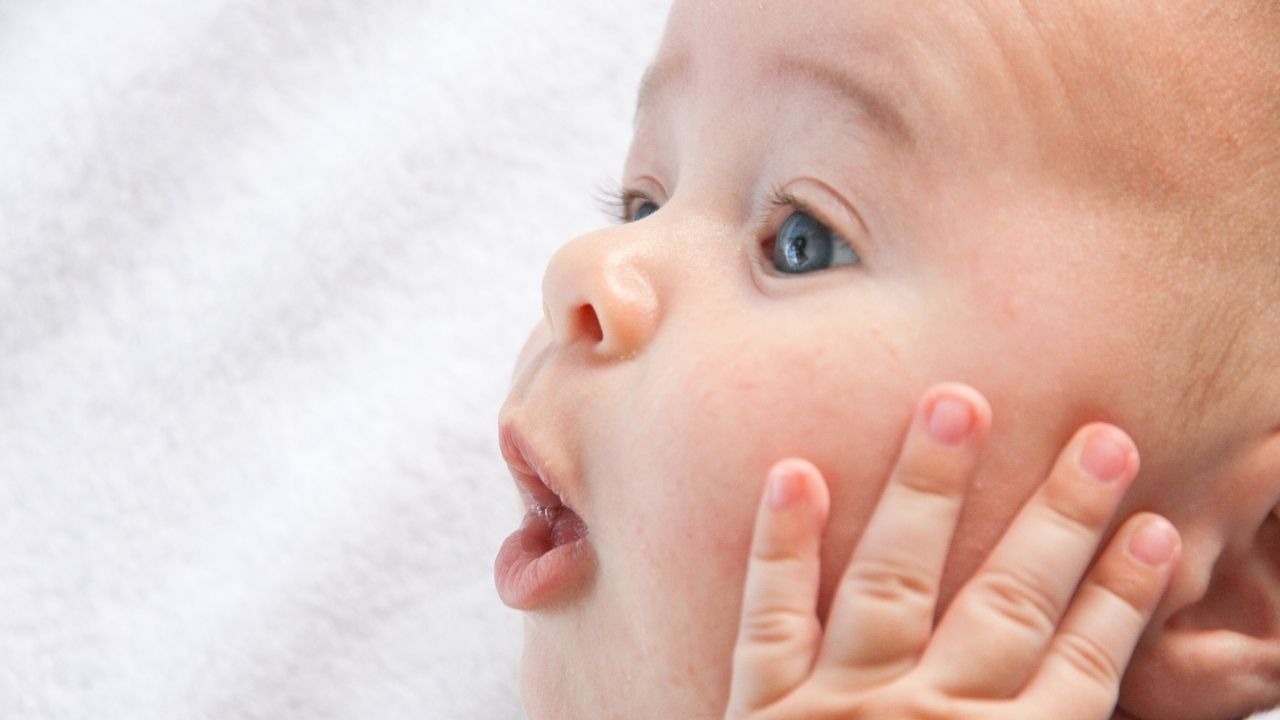
Maintain a Healthy Diet
You can keep your little one feeling great by simply making sure they eat a healthy diet. Healthy food choices for your baby include lots of fruits and vegetables, whole grains, lean proteins, and healthy fats. Breastfeeding is also highly recommended as it provides numerous benefits such as reducing the risk of infections, allergies, and chronic diseases.
Breast milk contains all the nutrients that your baby needs for optimal growth and development. It also contains antibodies that help protect against infections and may even reduce the risk of sudden infant death syndrome (SIDS). If you are unable to breastfeed or choose not to, make sure to choose a formula that is appropriate for your baby's age and nutritional needs. In addition to breastfeeding or formula feeding, introduce solid foods at around six months of age. Start with single-ingredient purees and gradually offer a variety of different foods to ensure your baby receives all the necessary nutrients for proper growth and development. By providing a healthy diet from an early age, you are setting your little one up for a lifetime of good health!
Transition: Now that you know how important maintaining a healthy diet is for your baby's overall health, let's move on to the next step in ensuring their well-being - providing a safe sleeping environment.
Provide a Safe Sleeping Environment
When it comes to providing a safe sleeping environment for your baby, there are a few key subtopics you should be aware of. First and foremost is safe sleep practices. This includes ensuring that your baby sleeps on their back, in a separate crib or bassinet, and without any soft bedding or toys that could pose a suffocation hazard. Another important topic is Sudden Infant Death Syndrome (SIDS) prevention, which involves things like regular check-ups and vaccinations to ensure optimal health for your little one.
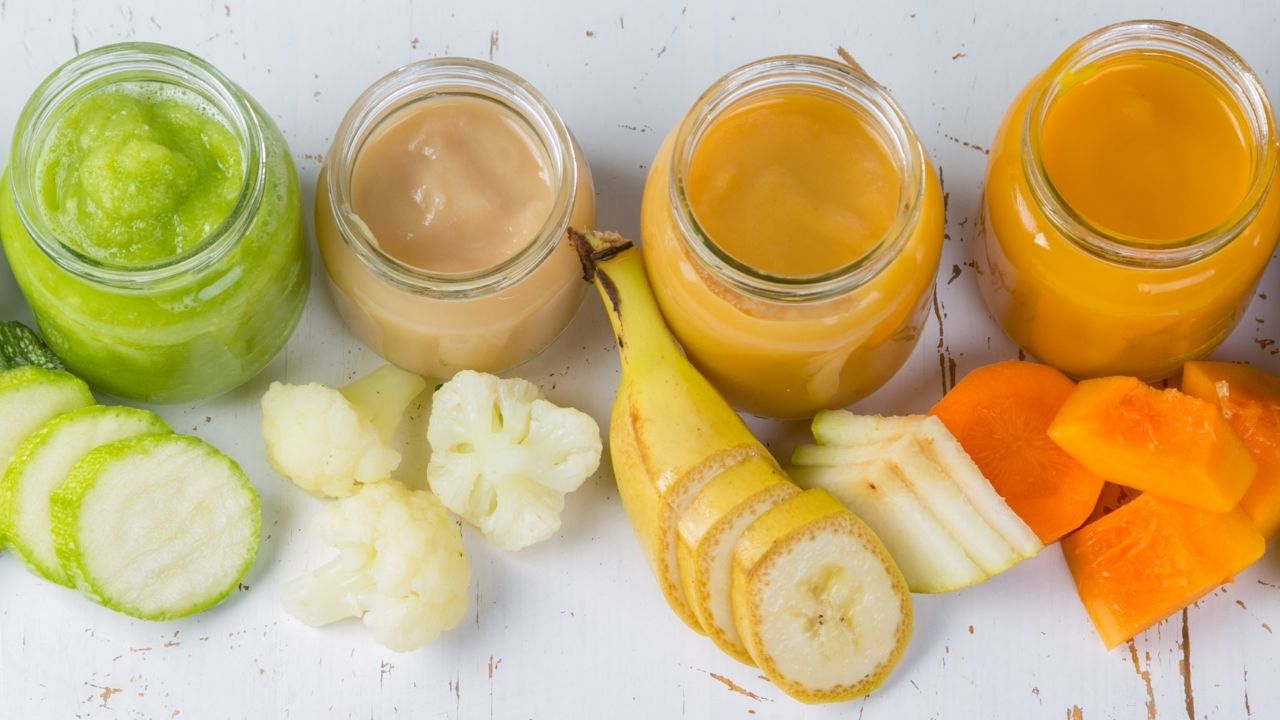
Safe Sleep Practices
To keep your little one safe during sleep, always remember to lay them on their back like a turtle shell - it may not seem natural, but it's the best way to prevent Sudden Infant Death Syndrome (SIDS). Swaddling techniques can also be helpful in preventing SIDS as they help keep your baby cozy and secure. When swaddling, make sure that the blanket isn't too tight or covering their face. You can also use a wearable blanket instead of a traditional swaddle to ensure proper ventilation.
In addition to safe swaddling techniques, crib safety is crucial for a good night's sleep. Make sure that there are no loose objects such as blankets or toys in the crib with your baby. Keep the crib away from windows, curtains, and cords to avoid suffocation hazards. By following these safe sleep practices, you'll be providing your little one with a safe and comfortable environment for optimal health and development.
Sudden Infant Death Syndrome (SIDS) Prevention
Protecting your baby from Sudden Infant Death Syndrome (SIDS) is crucial for their safety and well-being. SIDS is the sudden, unexplained death of an infant under one year of age, usually during sleep. While the exact cause of SIDS is unknown, research has shown that certain safe sleep practices can reduce the risk factors associated with this tragic event.
To ensure safe sleep for your baby, always place them on their back to sleep, even for naps. This position reduces the risk of suffocation and promotes healthy breathing patterns. Additionally, use a firm mattress with a fitted sheet and avoid placing any soft objects or loose bedding in the crib. Room-sharing with your baby (but not bed-sharing) for at least six months has also been found to decrease the risk of SIDS. By following these safe sleep practices, you can protect your little one and give yourself peace of mind as they rest comfortably throughout the night.
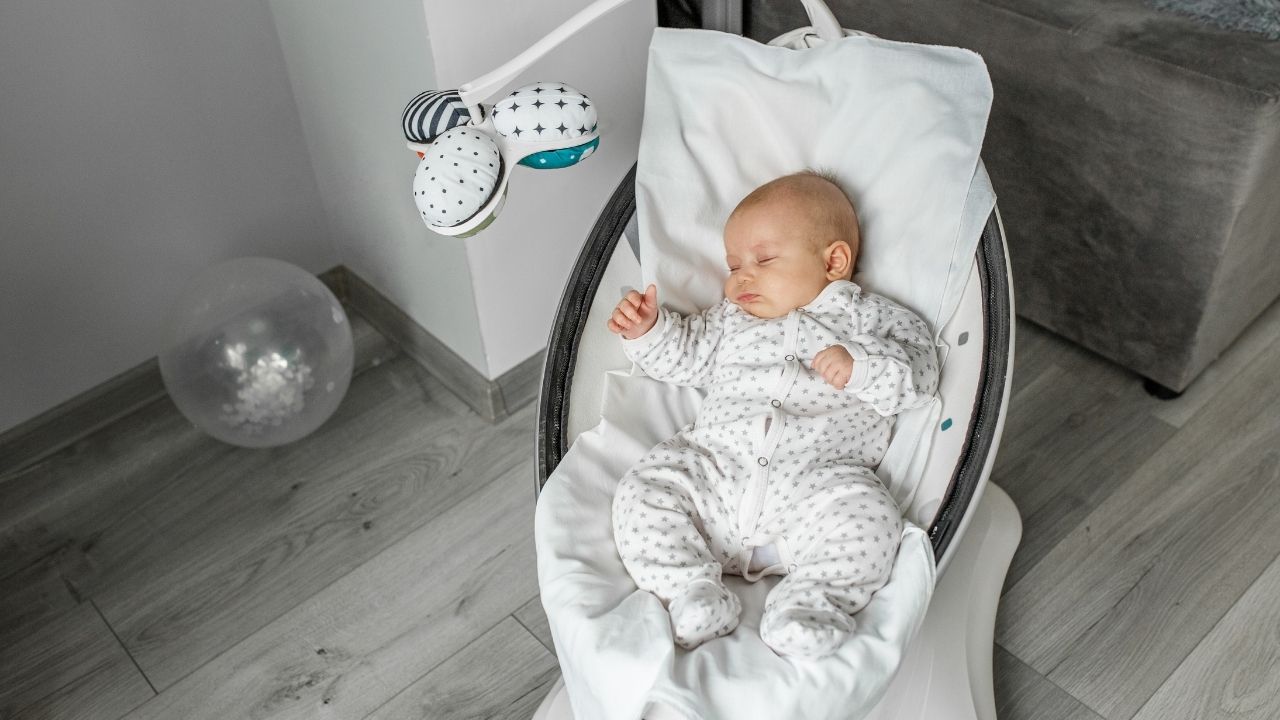
As you take steps to promote safe sleep for your baby, it's important to consider other ways to protect their health as well. One key aspect is avoiding exposure to harmful substances such as tobacco smoke or alcohol during pregnancy and after birth. These substances have been linked to an increased risk of SIDS and other health concerns for infants. By making conscious choices about what you expose yourself and your baby to, you can help keep them as healthy and happy as possible from day one.
Avoid Exposure to Harmful Substances
Firstly, to avoid exposure to harmful substances like secondhand smoke and air pollution, you need to ensure that any smoking is done outdoors and away from your baby. Additionally, you can install air purifiers in your home and limit time spent outside during high pollution days. Secondly, be mindful of chemical exposure by using natural cleaning products and avoiding harsh chemicals in household items like furniture or flooring. Finally, make sure your home is safe for your baby by installing childproof locks on cabinets and drawers containing hazardous materials such as cleaning supplies or medications.
Secondhand Smoke and Air Pollution
Breathing in secondhand smoke and air pollution can have negative impacts on your baby's respiratory system. Exposure to these pollutants increases the risk of asthma and other respiratory illnesses, which could lead to hospitalization or even death. Studies have shown that babies exposed to secondhand smoke are more likely to develop ear infections, pneumonia, bronchitis, and sudden infant death syndrome (SIDS). Even if you do not smoke yourself, your baby can still be exposed to harmful substances through others who do.
To ensure optimal health for your baby, it is important to protect them from secondhand smoke and air pollution. Avoid smoking around your baby or letting others do so as well. Make sure that you live in a healthy environment by using air purifiers for babies with HEPA filters to remove harmful particles from the air. By taking these precautions, you are providing your child with a safe environment where they can thrive without being exposed to harmful toxins that could negatively impact their health.

Now let's move on to the next section about chemical exposure and household safety.
Chemical Exposure and Household Safety
If you're a new parent, one of the most important things you can do is babyproof your home. This includes making sure that household chemicals are safely stored away from your baby's reach. Many common household items like cleaning products and insecticides can be extremely harmful if ingested or inhaled by babies, so it's crucial to take extra precautions when it comes to storing these items.
To protect your baby from chemical exposure, make sure all hazardous substances are securely locked up or placed out of reach on high shelves. Additionally, invest in non-toxic cleaning products and avoid using pesticides whenever possible. By taking these simple steps, you'll help ensure that your home is a safe environment for your little one to grow and thrive in.
Now that you've taken measures to eliminate potential hazards within your home, it's time to start monitoring your baby's overall well-being. From regular check-ups with their pediatrician to keeping track of developmental milestones and vaccination schedules, there are many ways you can stay informed about your child's health needs and ensure they receive optimal care as they continue to grow.
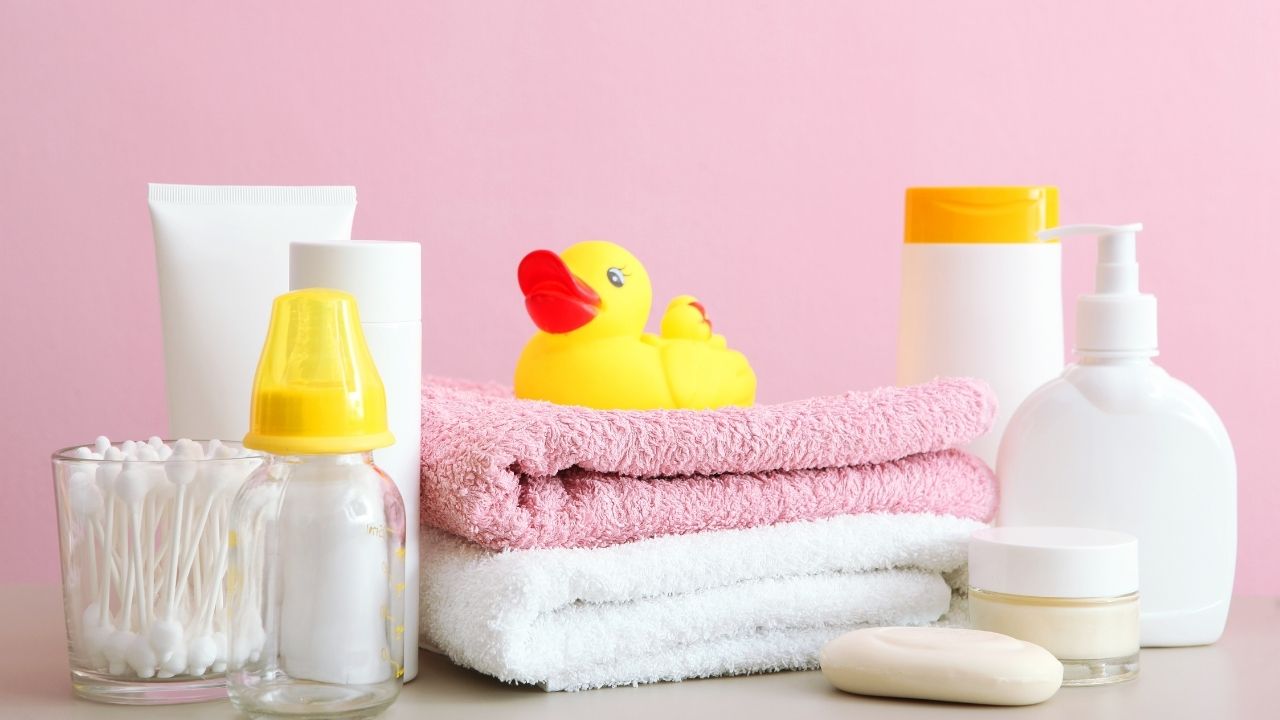
Monitor Your Baby's Overall Well-being
Make sure you keep an eye on how your little one is feeling and behaving, so that you can catch any possible issues early on and ensure their continued happiness. One way to do this is by tracking your baby's developmental milestones. These milestones include things like rolling over, sitting up, crawling, walking, and even babbling and talking. By monitoring these milestones, you can help identify potential delays or problems with your child's development that may require medical attention.
Another important aspect of monitoring your baby's overall well-being is growth tracking. This involves keeping track of your child's weight, height, head circumference, and other measurements as they grow. Your doctor will likely monitor this at every check-up to make sure your baby is growing at a healthy rate. If there are any concerns about growth or development, they may recommend additional tests or evaluations to determine the cause and provide appropriate treatment if necessary. Remember that every child develops differently, so don't be too worried if your little one reaches milestones at a slightly different pace than others - but it never hurts to keep an eye out for any potential issues!
Frequently Asked Questions
How do I know if my baby is developing normally?
Your baby is like a budding flower, growing and blossoming into their own unique self. As with any flower, there are certain developmental milestones that must be reached in order for your baby to flourish. Keep an eye on their growth charts and consult with your pediatrician if you have any concerns about whether they're reaching these milestones on time. From rolling over to crawling to walking, each milestone marks a new phase in your baby's development. While it's natural to worry if they're developing normally, trust that with proper care and attention, your little one will bloom into the beautiful individual they were meant to be.
What are some common illnesses that babies are at risk for?
As a parent, it's important to be aware of the common illnesses that your baby may be at risk for. Preventing infections is crucial in keeping your little one healthy. Make sure to follow the recommended vaccination schedule to protect against diseases such as measles, whooping cough, and meningitis. It's also important to practice good hygiene habits, such as washing your hands frequently and avoiding contact with sick individuals. If you notice any signs of illness in your baby, such as fever or difficulty breathing, don't hesitate to seek medical attention immediately. By staying informed and taking preventative measures, you can help keep your baby healthy and happy.

How can I tell if my baby is getting enough nutrition?
Are you worried about your baby's nutrition? It's normal to feel concerned about whether your little one is getting all the nutrients they need. One way to tell if they're on track is by monitoring their weight gain. As a general rule, babies should double their birth weight by six months and triple it by one year. If you're still breastfeeding, know that breast milk provides all the necessary nutrients for your baby's first six months of life. After that, start introducing nutritious baby food options like pureed vegetables and fruits or iron-fortified infant cereal. Remember to always consult with your pediatrician for guidance on what foods are appropriate for your child's age and development. By keeping an eye on your baby's weight gain and offering them nutrient-rich foods, you can ensure they are receiving optimal nutrition for healthy growth and development.
What are some safety tips for giving my baby a bath?
Bath time with your baby can be a fun bonding experience, but it's important to keep safety in mind. Before you begin, make sure the water temperature is just right- not too hot or cold. Use a soft washcloth and gentle baby soap to cleanse your little one's skin, being careful to avoid getting soap in their eyes. Always keep a hand on your baby during the bath to prevent slipping or other accidents. After the bath, pat your baby dry with a soft towel and follow up with a moisturizer to keep their delicate skin hydrated. With these simple tips for bath time safety and baby skin care, you can help ensure that every bath is an enjoyable and safe experience for both you and your little one.
When should I start baby-proofing my home?
When it comes to protecting your little one, it's never too early to start baby-proofing your home. Home hazards can be lurking around every corner, and childproofing essentials are a must-have for any parent. From installing cabinet locks and outlet covers to securing furniture and gates, there are many ways you can create a safe environment for your baby. It's important to pay attention to potential dangers such as sharp corners, loose cords, and toxic cleaning supplies. By taking the time to assess your home and make necessary changes, you'll have peace of mind knowing that you've done everything possible to keep your baby safe.
Conclusion
Congratulations on taking the initiative to ensure your baby's optimal health! Regular check-ups with your pediatrician are crucial in monitoring your little one's growth and development. Vaccinations protect against potentially life-threatening diseases, so make sure to follow the recommended schedule.
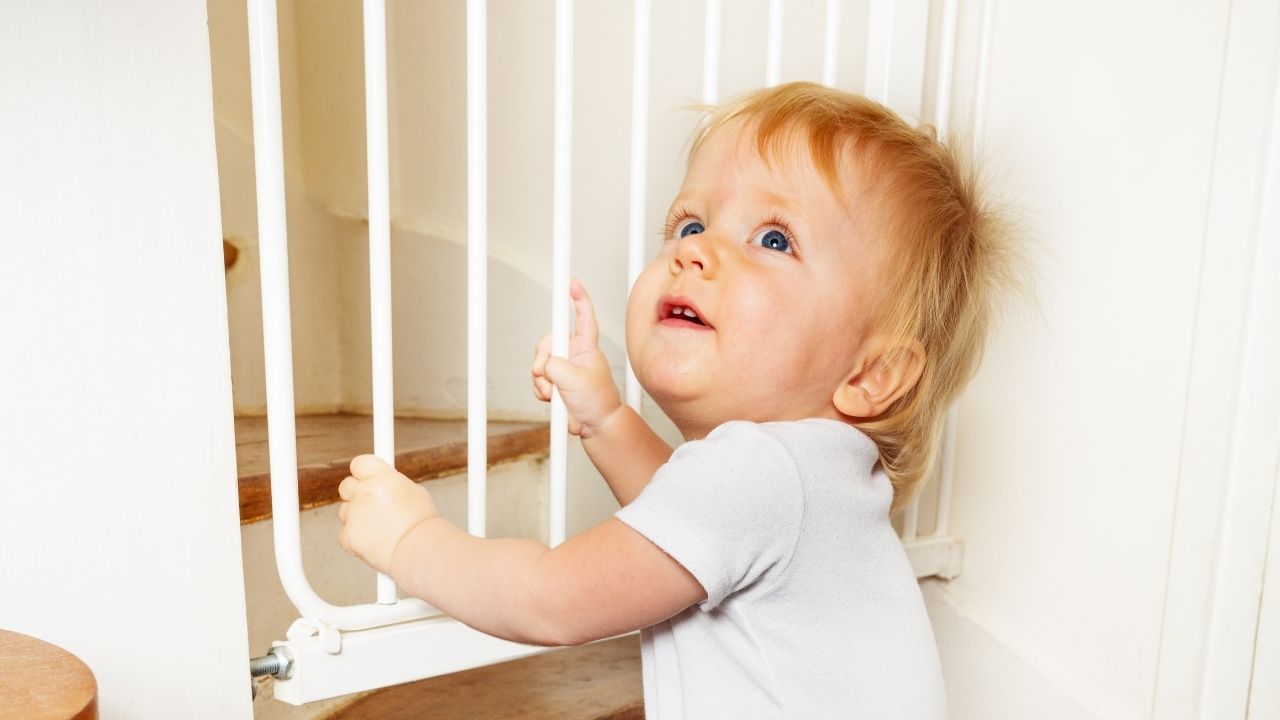
Maintaining a healthy diet is also important for your baby's overall well-being. Breastfeeding or providing formula is essential for providing necessary nutrients. As they grow older, be sure to introduce a variety of healthy foods to their diet.
A safe sleeping environment is vital for reducing the risk of Sudden Infant Death Syndrome (SIDS). Always place your baby on their back to sleep and avoid placing loose bedding or soft objects in their crib. Lastly, monitor your baby's overall well-being by paying attention to any changes in behavior or physical symptoms.
In conclusion, staying informed and proactive about your baby's health will help set them up for a lifetime of wellness. Remember that every child is unique and may have different needs, so always consult with your healthcare provider if you have any concerns or questions. Wishing you and your little one all the best on this exciting journey!
.png)





